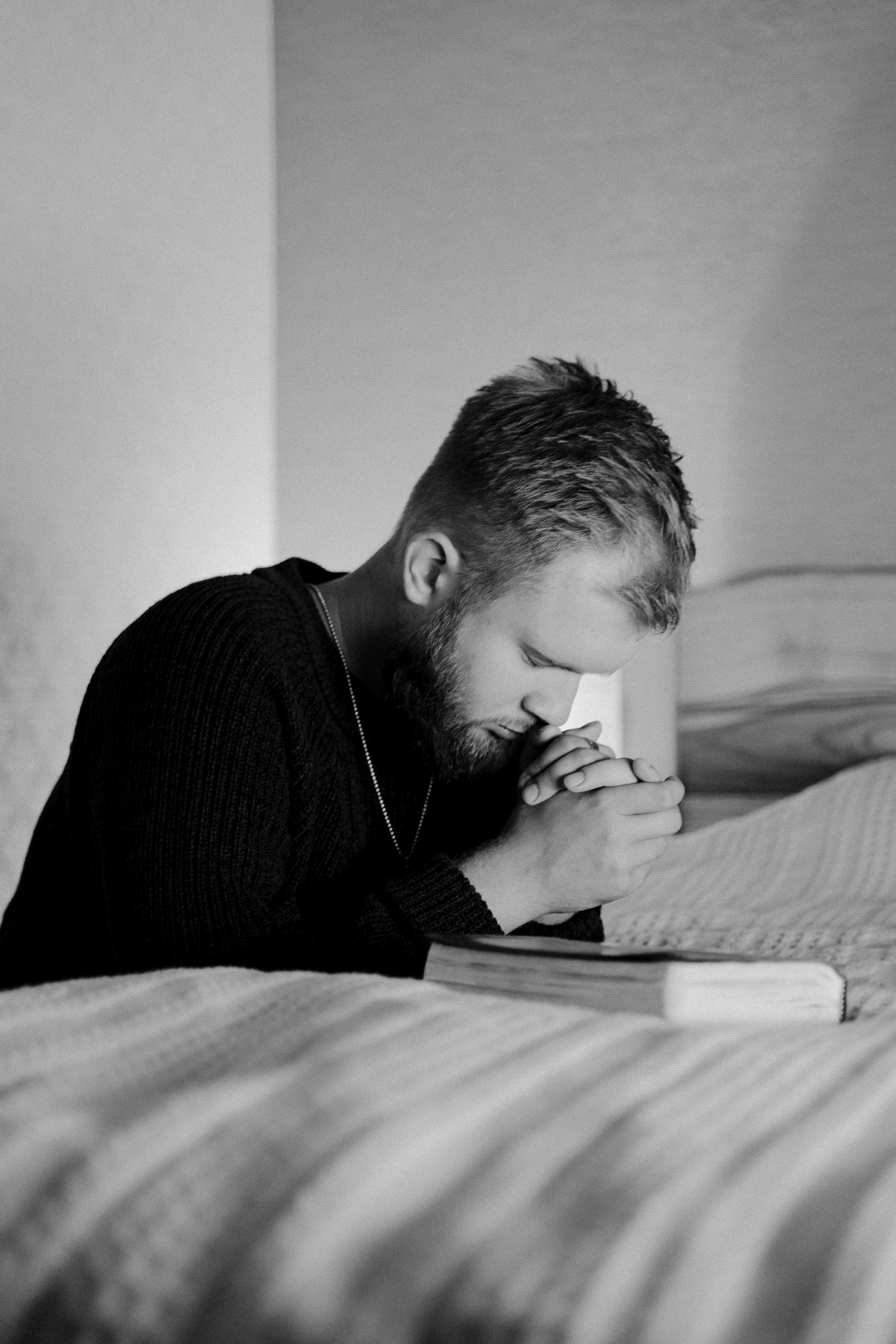Why Do Bad Things Happen To Good People?
Finding Faith When Life Doesn’t Make Sense

Why Do Bad Things Happen to Good People?d
sdfd
It’s one of the most difficult questions anyone can ask: Why do bad things happen to good people?
This question has tripped up countless people in their faith. In fact, Walter Isaacson records in his biography of Steve Jobs how a young Jobs once confronted his Lutheran pastor with the July 1968 Life magazine cover showing starving children in Africa. Jobs asked whether God knew what would happen to those children. When the pastor admitted He did, Jobs walked away from church altogether.
And Steve Jobs is not alone. Many have struggled to reconcile suffering with a good and all-powerful God.
The Reality of Pain and Injustice
The truth is, we don’t always get neat, simple answers. Wonderful people are sometimes struck with cancer or taken in tragic accidents. Meanwhile, people who live selfish or destructive lives can appear to thrive. It’s confusing, and it can be discouraging.
But Scripture is not silent on this tension. The Bible does not ignore our suffering or sweep it under the rug. Instead, it gives us both honest examples of people who asked these same questions—and hope that God is still present in the midst of it all.
Learning from Habakkuk
The Old Testament prophet Habakkuk lived during a time of corruption, injustice, and rising violence. Judah’s leaders had abandoned God’s ways, and it seemed like evil was running unchecked.
Habakkuk’s cry to God is brutally honest:
“O Lord, how long shall I cry, and You will not hear? … Why do You show me iniquity, and cause me to see trouble? … The law is powerless, and justice never goes forth.” (Habakkuk 1:2–4, NKJV)
He wondered if God had abandoned His people. And yet, after pouring out his frustration, Habakkuk chose to quiet his complaints, wait on God, and listen. What he discovered was not a quick fix, but a bigger perspective.
By the end of his book, Habakkuk was still trembling—but he was also trusting:
“Though the fig tree may not blossom, nor fruit be on the vines; though the labor of the olive may fail … yet I will rejoice in the Lord, I will joy in the God of my salvation.” (Habakkuk 3:17–18, NKJV)
What This Means for Us
Like Habakkuk, we may not get all the answers. But there are some truths Scripture gives us to help us walk through these questions:
1. Be Honest with God
God doesn’t expect us to sugarcoat our prayers. Paul admitted he was “perplexed, but not in despair” (2 Corinthians 4:8). Even Jesus cried out on the cross, “My God, my God, why have You forsaken Me?” (Matthew 27:46). Honesty before God can be the first step toward deeper trust.
2. Understand Free Will
When we say “God is in control,” it doesn’t mean He micromanages every human choice. From the beginning, God gave us free will. Much of the suffering in our world is the result of human decisions—sometimes our own, sometimes those of others. To blame every tragedy directly on God distorts His character.
3. Remember That God Is Not Finished
We live in the middle of the story, not the end. Revelation 21 paints a picture of the day when God will wipe away every tear, remove death and pain, and make all things new. Until then, we live in faith, knowing that what we see now is not the final word.
Trembling and Trusting
When we say, “God is good,” we’re not denying our pain. We’re choosing to trust Him even when circumstances don’t make sense. Like Habakkuk, we can tremble and trust at the same time.
Our hope isn’t in getting all the answers right now—it’s in knowing Jesus, who reveals the Father’s heart. As Hebrews 2:9 reminds us: “But we see Jesus…”
One day, every wrong will be made right. Until then, we hold on, knowing God is not finished being God.


